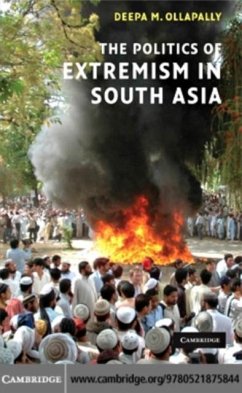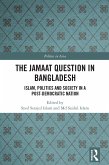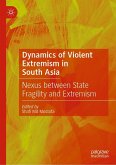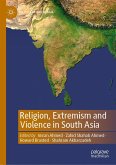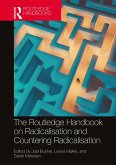South Asia is home to a range of extremist groups from the jihadists of Pakistan to the Tamil Tigers of Sri Lanka. In the popular mind, extremism and terrorism are invariably linked to ethnic and religious factors. Yet the dominant history of South Asia is notable for tolerance and co-existence, despite highly plural societies. Deepa Ollapally examines extremist groups in Kashmir, Afghanistan, Northeast India, Pakistan, Bangladesh, and Sri Lanka to offer a fresh perspective on the causes of extremism. What accounts for its rise in societies not historically predisposed to extremism? What determines the winners and losers in the identity struggles in South Asia? What tips the balance between more moderate versus extremist outcomes? The book argues that politics, inter-state and international relations often play a more important role in the rise of extremism in South Asia than religious identity, poverty, and state repression.
Dieser Download kann aus rechtlichen Gründen nur mit Rechnungsadresse in A, B, BG, CY, CZ, D, DK, EW, E, FIN, F, GR, HR, H, IRL, I, LT, L, LR, M, NL, PL, P, R, S, SLO, SK ausgeliefert werden.

